New Scientist covers the latest developments in science and technology that will impact your world. New Scientist employs and commissions the best writers in their fields from all over the world. Our editorial team provide cutting-edge news, award-winning features and reports, written in concise and clear language that puts discoveries and advances in the context of everyday life today and in the future.
Elsewhere on New Scientist
Addicted to addiction • A proposed definition of food addiction raises wider questions
New Scientist
Astronauts take a trolley for a stroll
Radical proof stumps mathematicians • A 1000-page proof of the complicated geometric Langlands conjecture has been published. It could provide key insights across maths and physics – if people can understand it, says Alex Wilkins
Solar-powered floating islands proposed to help regrow coral reefs
Heatwaves seem to be driving asthma flare-ups in children
Is food addiction real? • Some doctors say people can be addicted to certain foods and this should be treated with abstinence, which goes against mainstream advice, reports Clare Wilson
Groundwater extraction is projected to peak by 2050
Analysis Direct air capture • Can machines that suck up atmospheric carbon truly help tackle climate change? The direct air capture industry got a big boost with the opening of Mammoth, its largest plant yet, but can the technology scale up, asks Madeleine Cuff
Life support switched off too early • Analysis shows continued support for people with brain injuries may let some partly recover
VR headset can give you 360-degree vision like an owl
Frozen human brain tissue revived without damage
Buildings with weak points can better withstand collapse
Lost branch of the Nile discovered • Soil samples show an ancient river snaked through the desert near Egyptian pyramid cluster
Weird lungless frog species does have lungs after all
Entanglement may survive chaos of chemical reactions
Orchids feed their young through underground fungal networks
Einstein’s black hole idea was right • Observations of matter plunging into a black hole show his predictions were correct
Nomads thrived in Greece after collapse of the Roman Empire
Analysis Generative artificial intelligence • OpenAI is beating Google in the AI race, but who wants the future they are building? Big tech firms are competing to have the most exciting artificial intelligence products, but generative AI remains hampered by issues, says Chris Stokel-Walker
Sunlight-trapping device hits 1000°C
AI headphones focus in on just one voice
Invasion of jellyfish could disrupt Arctic ecosystems
Really brief
Be more female • From infections to brain injuries, the female body is more resilient than the male. It is time to reassess the “weaker” sex, says Cat Bohannon
Future Chronicles • A home in the trees This week, we visit carbon-negative cities of the late 21st century: forest homes formed from giant sequoia, genetically altered for rapid growth. Rowan Hooper is our guide
Say cheese!
I think we’re alone now • What does being alone mean in a social world? Two solitude researchers and a journalist make a great start at teasing apart the complexities, finds Elle Hunt
Is that a hint of oregano? • Fancy developing sommelier skills? Or making some coffee-infused rum? Sam Wong savours a flavourful book
New Scientist recommends
The film column • Spinning a web Horror sci-fi Sting sees a lonely 12-year-old girl turn a strange spider into a pet that just keeps growing, eventually threatening her family and the neighbours. Think Alien, M3gan and effortless entertainment, says Simon Ings
Your...
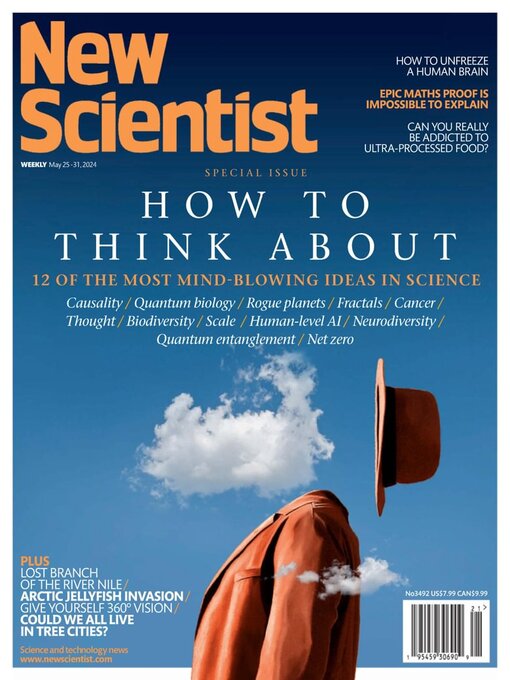
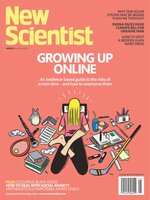 Jun 22 2024
Jun 22 2024
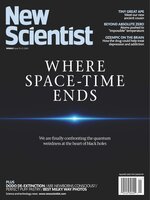 Jun 15 2024
Jun 15 2024
 Jun 08 2024
Jun 08 2024
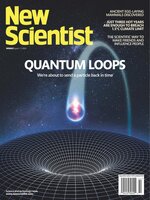 Jun 01 2024
Jun 01 2024
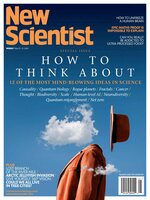 May 25 2024
May 25 2024
 May 18 2024
May 18 2024
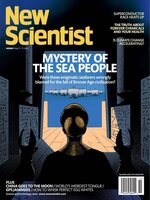 May 11 2024
May 11 2024
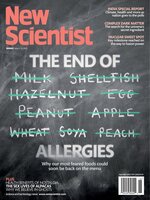 May 04 2024
May 04 2024
 Apr 27 2024
Apr 27 2024
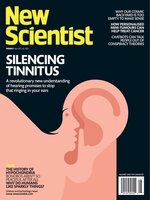 Apr 20 2024
Apr 20 2024
 Apr 13 2024
Apr 13 2024
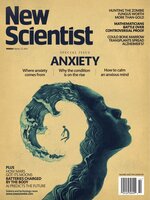 Apr 06 2024
Apr 06 2024
 Mar 30 2024
Mar 30 2024
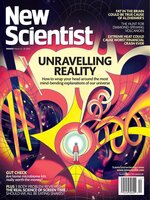 Mar 23 2024
Mar 23 2024
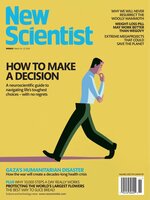 Mar 16 2024
Mar 16 2024
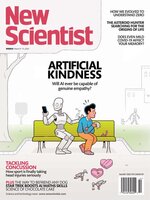 Mar 09 2024
Mar 09 2024
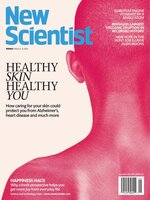 Mar 02 2024
Mar 02 2024
 Feb 24 2024
Feb 24 2024
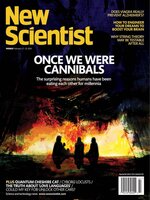 Feb 17 2024
Feb 17 2024
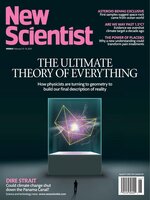 10 Feburary 2024
10 Feburary 2024
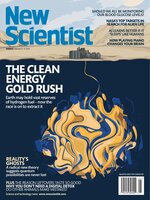 Feb 03 2024
Feb 03 2024
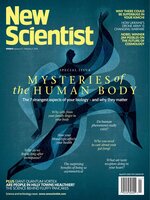 Jan 27 2024
Jan 27 2024
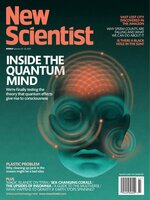 Jan 20 2024
Jan 20 2024
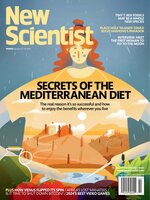 Jan 13 2024
Jan 13 2024
